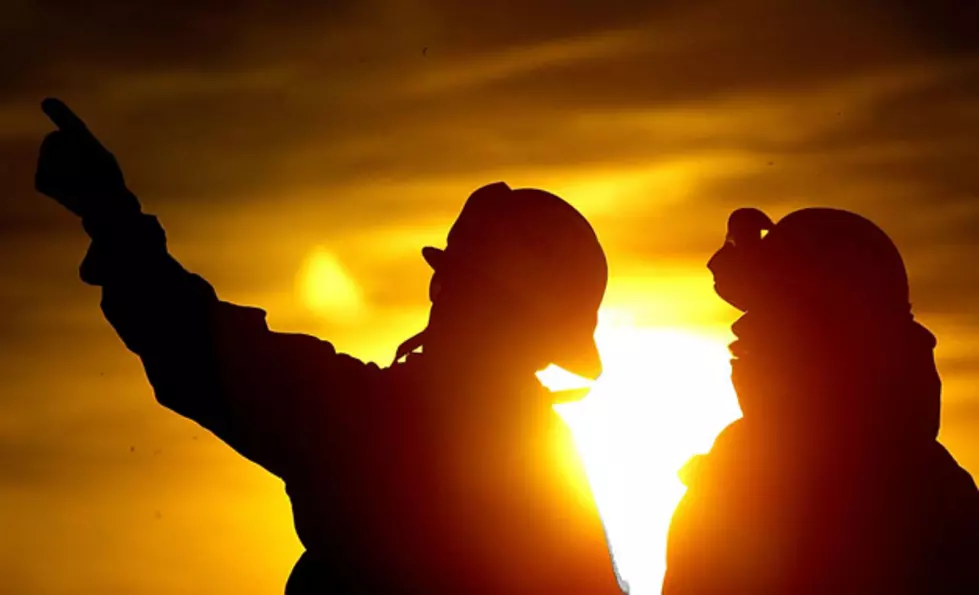
Is the Hewlett Gulch Fire Making You Sick?
The particles flying through the air can cause a multitude of health problems.
- The elderly
- Young children, especially those 7 and under
- Pregnant Women, they breathe in more air per pound of weight than others
- Anyone with pre-existing respiratory conditions such as COPD, Emphysema, Asthma or Cardiovascular Disease
- Those who have a cold or the flu
- Individuals with a smoke allergy, they should be closely watched
- And healthy people, inhaling smoke is not good for anyone
symptoms related to wildfire smoke:
- Eye, nose and/or throat irritation plus runny eyes and/or nose.
- Coughing and an irritated or sore throat.
- Trouble breathing or tightness of the chest, which may be symptoms of a health emergency.
- The onset of symptoms related to pre-existing respiratory ailments like asthma or emphysema.
- Especially following days or weeks of smoke exposure, increased short-term likelihood of getting a cold or having similar symptoms of less effective immune responses.
If You Have Ongoing Symptoms Please Consult Your Family Physician
Preventative measures:
- If you live near a heavily smoke filled area, consider a short term move to a less infected area, if safe and possible
- Close windows and doors and stay inside as much as feasible
- Find solace in places with filtered air such as a movie theater, hey, Battleship opens this weekend, maybe its time to hit up the Metrolux at Centerra.
- Reduce physical activity
- Drink plenty of fluids
Don't forget, should your symptoms persist or become severe contact your family physician or in extreme situations emergency services.
More From K99









